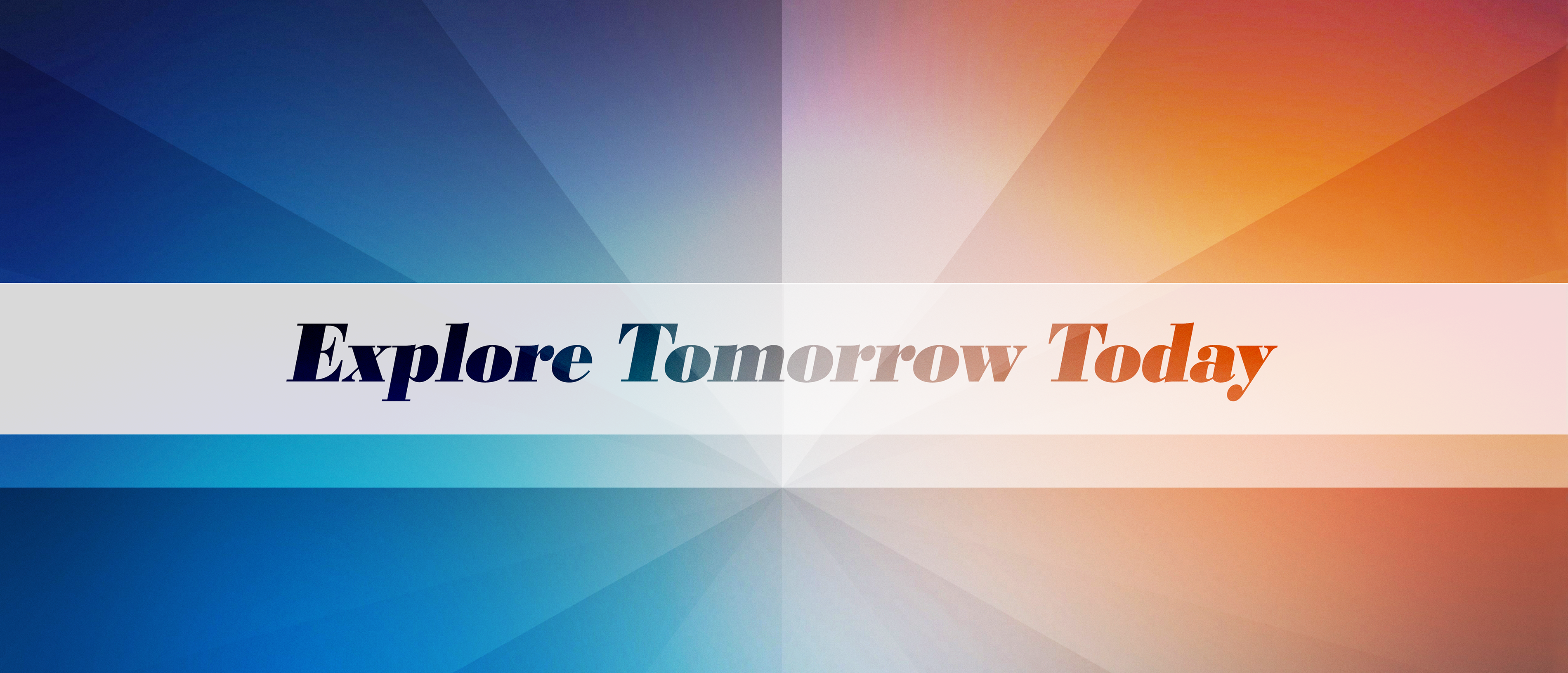
EMAIL ETIQUETTE
Using email for business communication is very common, so as a preemptive measure, it is advantageous for you to know the guidelines of email etiquette.
Why is Email Etiquette Important?
Proper email etiquette shows that you not only understand the unwritten rules of business communication, but also that you are able to represent an organization professionally if hired.
First Impression:
It is important to use a simple, professional email address when emailing employers. Some examples are [email protected] or [email protected].
The subject line is a great way to define your email and prepare the recipient for the context of your message. When defining the email in the subject line, use very select descriptive words (5-6 max) to highlight the main point of your email communication. A good example is "Marketing Assistant Position #109387" or "Informational Interview Request on 12/23". The email will be much better received with a descriptive yet concise message header.
Greetings and Sign Offs
You should begin your email with a formal salutation, such as "Hello Mrs. Smith" or "Dear Mr. Doe." Similarly, your sign off should also be formal and polite. Some good ways to sign off include "sincerely" and "best."
Body of an Email:
An email to an employer should be brief and concise. State the main point of the email and try not to stray too far from that point throughout the body. Your email needs to have proper structure. It's a good idea to use short paragraphs because they are easily readable.
In a formal email, there should be no abbreviations, spelling mistakes, or poor punctuation. Make sure to re-read the email for any errors before hitting send.
Your tone in the email should be pleasant and polite. Try using parts of your 30-second elevator pitch to give a brief yet representative description of yourself.
Think ahead! Consider what questions could be asked in the future and then answer those questions in your email. For example, when an employer asks you what your major is, their next question might be what your minor is, so include that when talking about your major!
It is always a good idea to thank the employer or recruiter for their time and express sincere appreciation for the opportunity to interview. Just remember, a few simple words ("Please" and "Thank you") go a long way.
Things to Keep in Mind:
Attachments are an overused feature of emails. Only use attachments if the recipient specifically asked you for one (i.e. a resume). Emails with attachments may even be flagged as spam and cause the recipient to never see your email!
Give yourself time to review your email, but don’t wait too long and decrease the recipient’s reply time, especially if it is a time-sensitive issue.
Most importantly, remember to never give away confidential information about yourself in an email. Examples of confidential information include your social security number, salary, bank account number, or any discriminatory comments.


